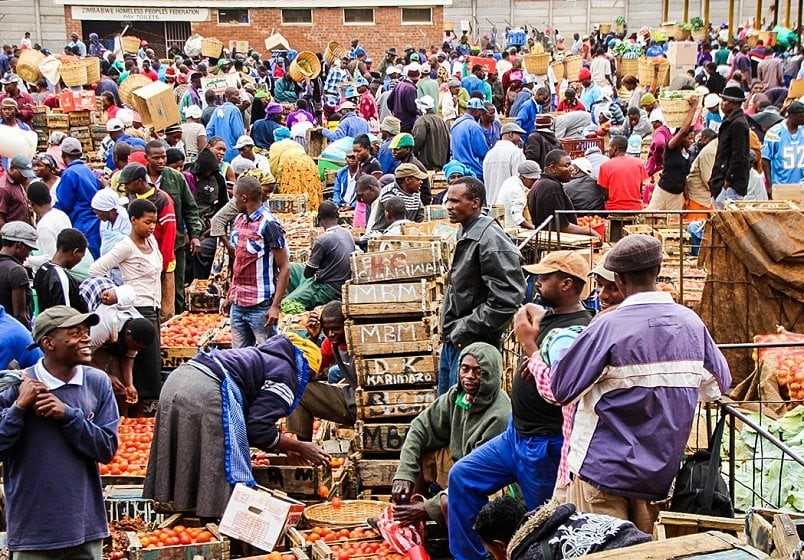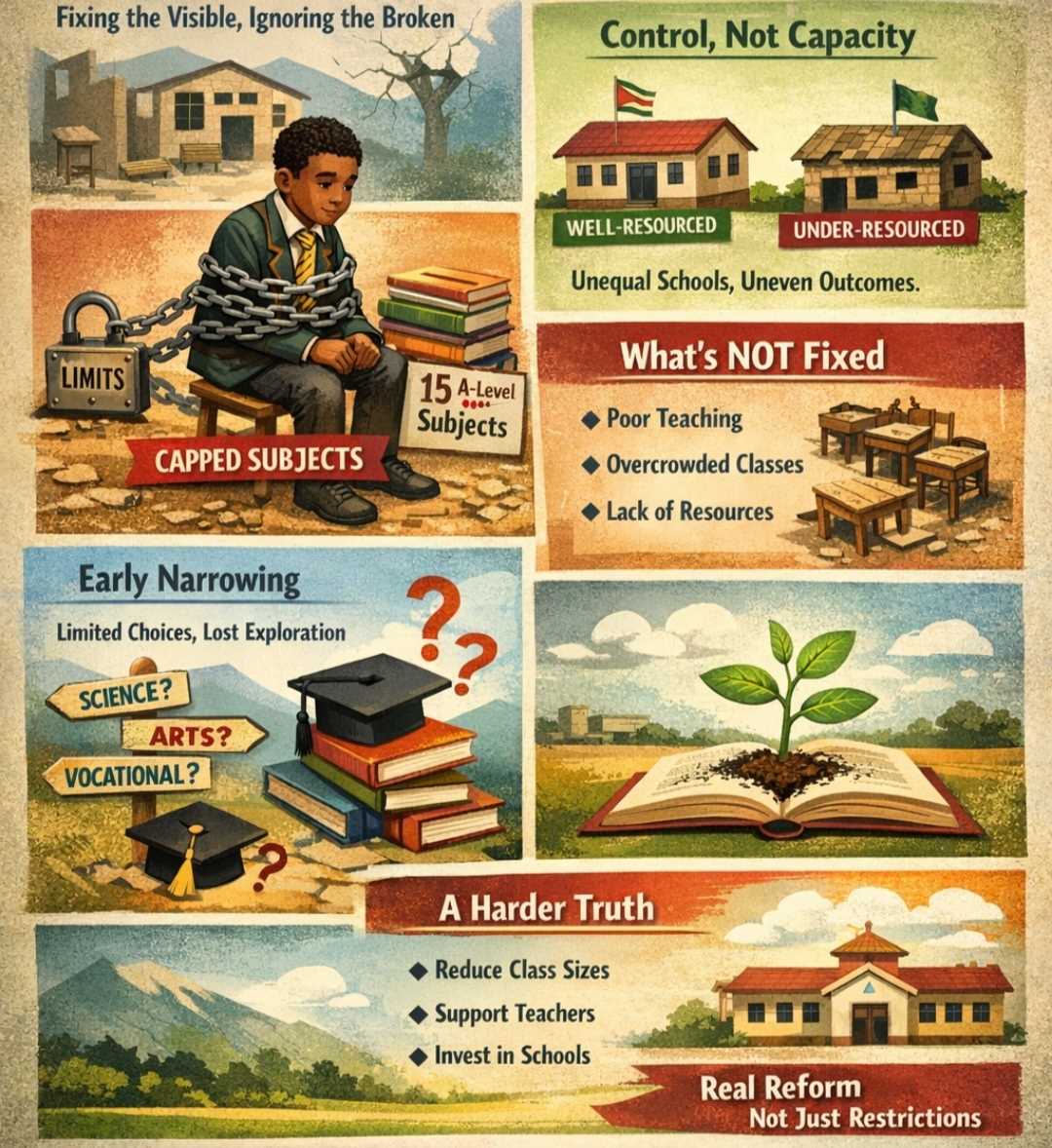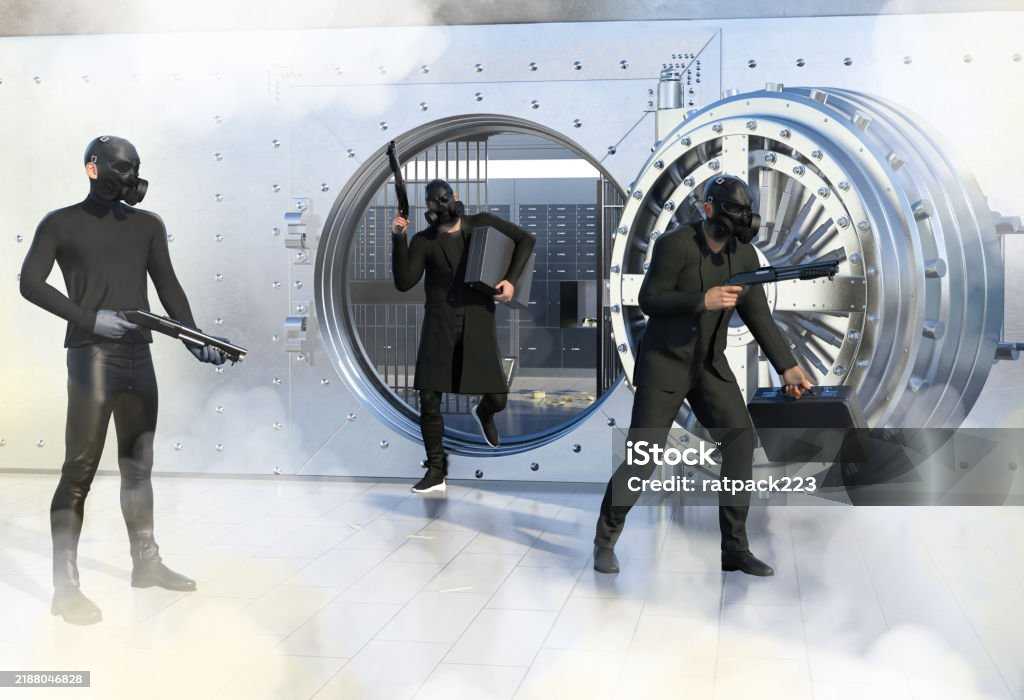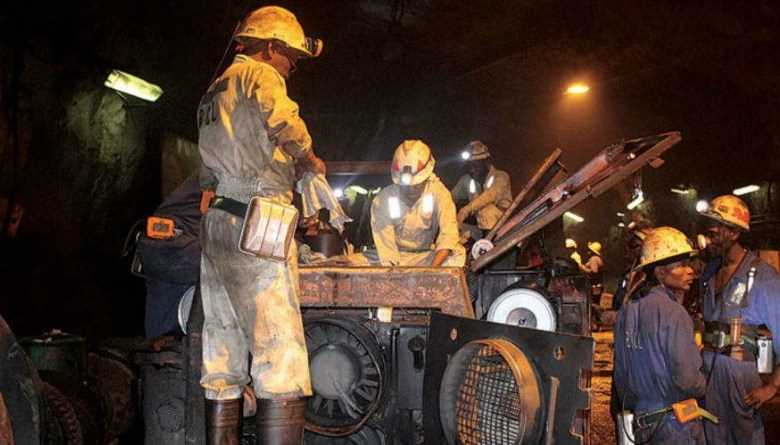
Philemon Jambaya
Mbare, a suburb in southern Harare, Zimbabwe, boasts a rich history dating back to 1907. Originally known as Harari, it was the first designated township in the city. Mbare Musika, the largest farm produce market in Zimbabwe, stands as a testament to the suburb’s economic significance.
Despite its historical importance, Mbare has faced significant challenges. The Matapi flats, built in the 1980s to accommodate single men seeking work in Harare, have seen a surge in population. Rooms are now divided by makeshift partitions, housing tens of thousands of residents.
Related Stories
Mbare witnessed a historic event in 1980 when Bob Marley performed at Rufaro Stadium for Zimbabwe's Independence Day celebrations. However, the year 2001 saw a dark turn when the government demolished over 145 000 homes deemed illegal, displacing more than 500 000 residents.
Operation Murambatsvina in 2005 further devastated Mbare. The government, led by the late Robert Mugabe, displaced residents and destroyed parts of the Mupedzanhamo Flea Market, labelling inhabitants as “people without totems”.
Mbare Musika, though the largest farm produce market, has suffered from neglect in recent years. While it remains a crucial centre for Zimbabwe’s agricultural trade, infrastructure requires improvement.
An interesting anecdote from 1991 involves Queen Elizabeth II’s visit. The government, keen to avoid showing her “squatters”, launched a court case to evict them. The High Court ruled against the eviction, leading to their forced resettlement outside Harare.




















Leave Comments